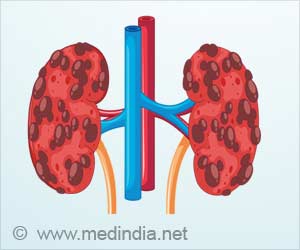A new study has employed magnetic resonance imaging (MRI) to accurately identify tumours missed by mammography and ultrasound, in women at high-risk for breast cancer.
A new study has employed magnetic resonance imaging (MRI) to accurately identify tumours missed by mammography and ultrasound, in women at high-risk for breast cancer.
The study was conducted by a team of researchers led by Constance Dobbins Lehman at the University of Washington School of Medicine and Seattle Cancer Care Alliance.As part of the study, researchers studied 171 asymptomatic women over age 25 (average age 46) with at least a 20 percent lifetime risk of developing breast cancer to compare screening performance of MRI and mammography in high-risk patients.
Researchers performed sixteen biopsies and six cancers were detected for an overall cancer yield of 3.5 percent. All six of the cancers were detected with MRI, while two cancers were detected with mammography and only one cancer was detected with ultrasound.
The four cancers found in women with dense breast tissue were only detected with MRI. Biopsy rates were 8.2 percent for MRI and 2.3 percent for mammography and ultrasound. The positive predictive value (PPV) of biopsies performed as a result of MRI findings was 43 percent.
Based on these findings, the researchers estimate that, compared to mammography and ultrasound, screening with MRI will allow detection of 23 more cancers per 1,000 high-risk women screened.
"Women at high risk for breast cancer can benefit from undergoing screening MRI. Although MRI is a very powerful tool for detecting cancer, it is not perfect. There are benign areas of breast tissue that can look suspicious but do not represent breast cancer and yet may lead to a biopsy," Lehman said.
Advertisement
Source-ANI
LIN/B











